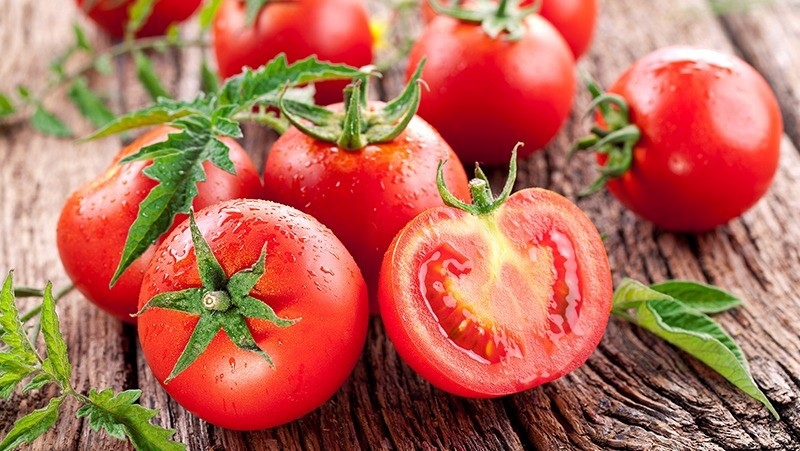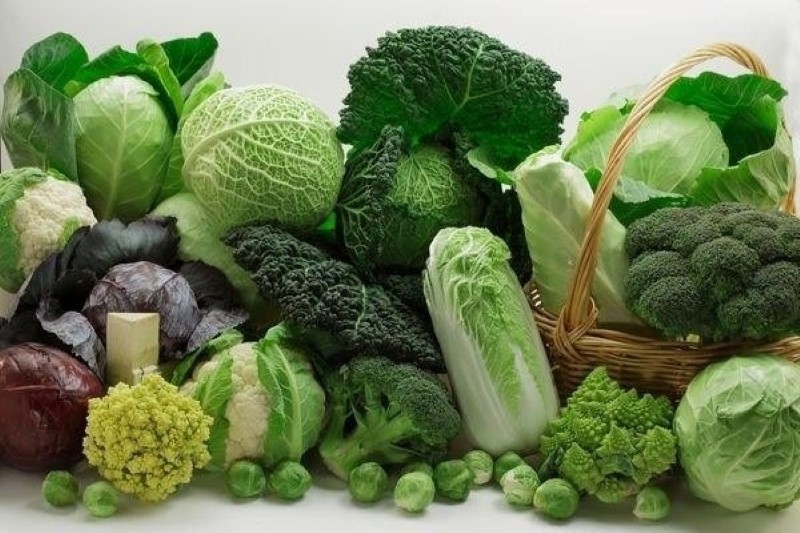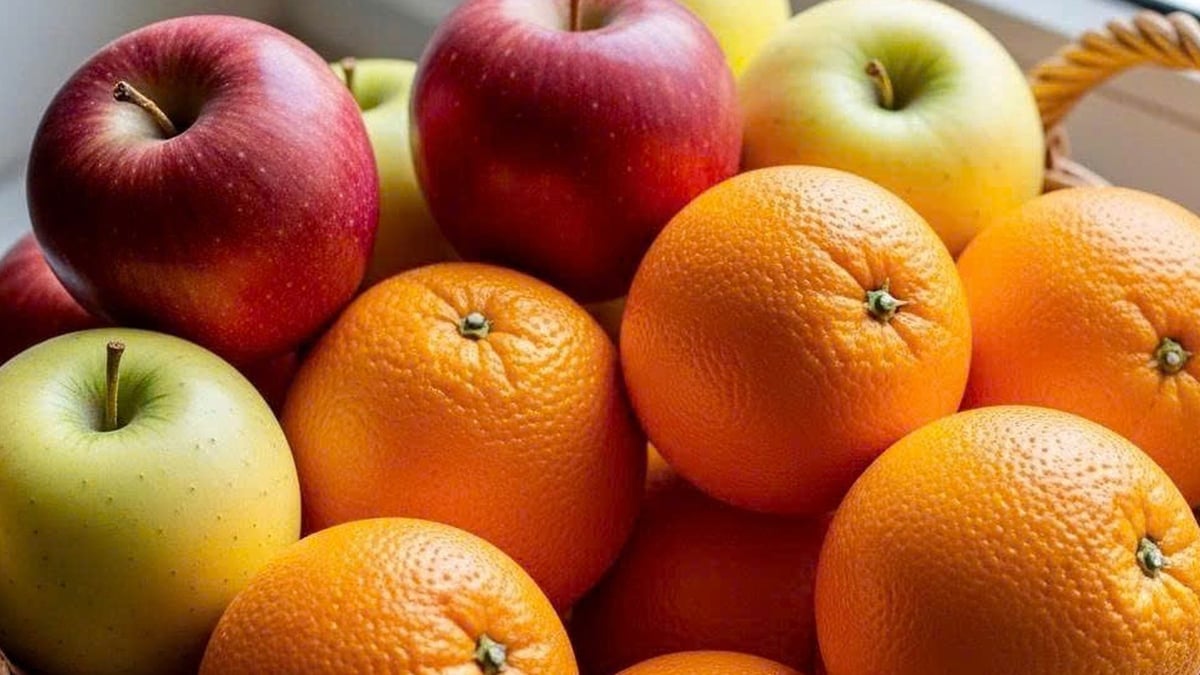Tomatoes protect the heart
Tomatoes are not only a delicious fruit but also a rich source of lycopene - a powerful antioxidant that helps reduce bad cholesterol, prevent atherosclerosis and protect the heart from harmful agents.
Another antioxidant in tomatoes is beta-carotene, which when absorbed into the body will convert into vitamin A, helping to protect the eyes and strengthen the immune system, indirectly supporting cardiovascular health.
Tomatoes are also a rich source of potassium, an important mineral that helps regulate blood pressure. Maintaining stable blood pressure is an important factor in preventing cardiovascular disease.

Carrot
Carrots are a rich source of vitamins A, C, and potassium. Vitamin A strengthens the immune system, vitamin C protects the heart from free radicals, and potassium regulates blood pressure - a key factor for a healthy heart. The abundant fiber in carrots also helps reduce the risk of stroke by effectively controlling blood pressure and cholesterol. This allows blood to circulate better, reducing pressure on the heart.
Similar to tomatoes, carrots are also rich in beta-carotene - a powerful antioxidant "warrior", which helps reduce bad cholesterol (LDL) - the number 1 "enemy" of the heart. Thanks to that, carrots help prevent atherosclerosis, protecting the heart from the risk of damage.
Cruciferous vegetables protect the heart
Cruciferous vegetables, including vegetables such as broccoli, kale, cabbage, Brussels sprouts... are not only a rich source of vitamins and minerals but also a "bodyguard" for the heart. These vegetables contain glucosinolate and isothiocyanate compounds, which help reduce bad cholesterol (LDL) and increase good cholesterol (HDL), thereby preventing atherosclerosis and reducing the risk of heart disease.
In addition, adding cruciferous vegetables to your daily diet also helps improve endothelial function, helping blood vessels dilate and contract better, thereby improving blood circulation and reducing the risk of blood clots.

Sweet potato
Sweet potatoes are high in fiber, especially soluble fiber, which helps reduce bad cholesterol (LDL) and increase good cholesterol (HDL), thereby preventing atherosclerosis and reducing the risk of heart disease. This popular tuber also contains a significant amount of potassium, which helps lower blood pressure and reduce the risk of stroke.
Not only that, sweet potatoes are also rich in beta-carotene, vitamin C and other antioxidants, which help protect cells from damage caused by free radicals, reduce inflammation and reduce the risk of cardiovascular disease.
Pumpkin
Pumpkin provides the body with a significant amount of magnesium. This is an essential mineral for heart function, helping to maintain a stable heart rate and reduce the risk of arrhythmia. Meanwhile, antioxidants such as beta-carotene, vitamin C and vitamin E in pumpkin help protect cells from damage caused by free radicals, reduce inflammation and prevent atherosclerosis.
Source: https://kinhtedothi.vn/5-ve-si-binh-dan-cho-trai-tim-khoe-manh-an-minh-ngay-tai-cho-viet.html



































































































Comment (0)